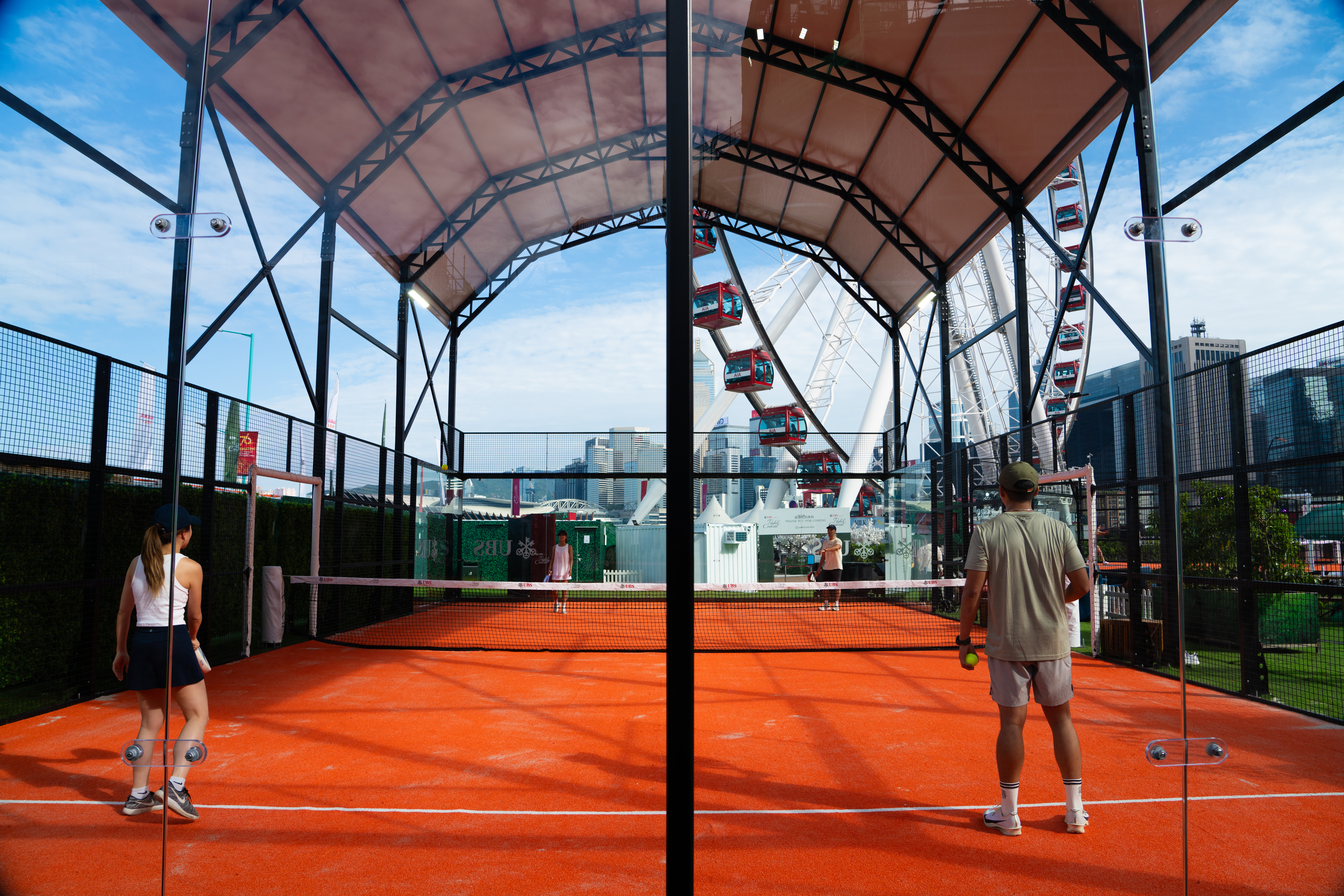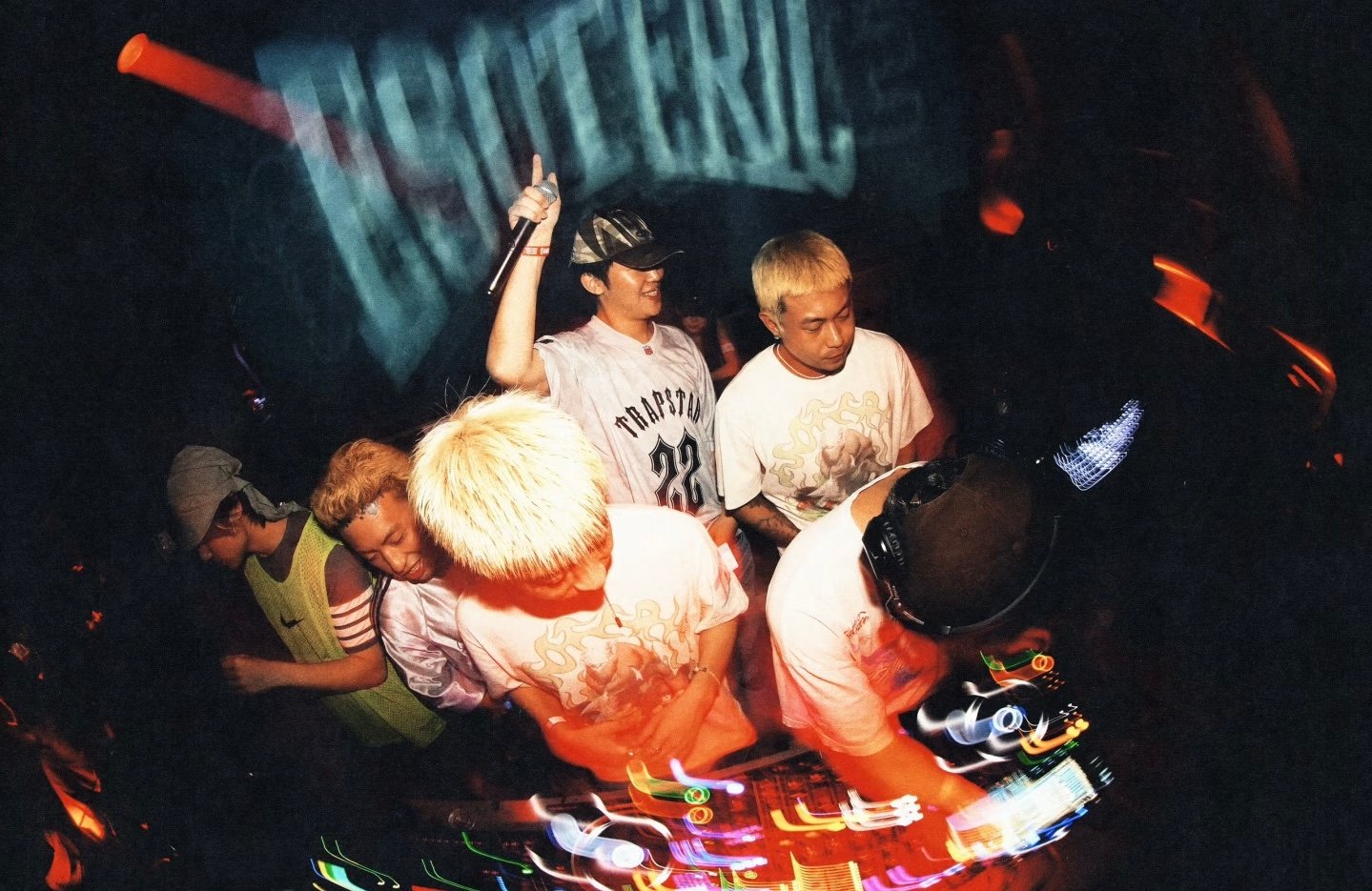The inaugural 1924 Winter Olympics in Chamonix, France, featured six sports and a total of nine disciplines: bobsleigh, cross country skiing, ski jumping, curling, figure skating, speed skating, ice hockey, Nordic combined, and military patrol.
Nearly a century later, the fundamentals haven’t changed much. A seventh sport, luge, was added to the roster in 1964, and military patrol evolved into today’s biathlon. But the number of individual events has grown exponentially: from 16 in 1924 to a record 109 set for Beijing 2022.
Seven new events will make their Olympic debut next month, but one, in particular, is generating plenty of buzz, not least for its amusing name — the monobob.
The monobob is a bobsled event, and it is unique within the discipline for several reasons. As the name suggests, it is a solo competition, whereas other bobsled races consist of teams with two or four athletes.
Furthermore, it is the only new addition to the Olympics exclusively for women. The two-person bobsled was introduced to the Games in 1932, but it wasn’t until 2002 that the Games added a women’s two-person competition.
Despite repeated calls for more women’s events, the International Olympic Committee never introduced four-person women’s bobsled to the Games, so the addition of women’s monobob in Beijing marks the first Olympics where women and men have an equal number of bobsled events.

Image via Wikimedia
But what really sets the monobob apart from other bobsled races is its wider accessibility as a sport. A four-person Olympic bobsled costs upwards of 100,000 USD, while a monobob goes for a comparatively modest 15,000 USD.
The lower investment cost, along with the fact that only one person competes, significantly lowers the barriers of entry for countries and individuals with less financial resources at their disposal.
Olympic bobsled events have traditionally been dominated by three countries: the United States, Germany, and Switzerland. And in the five Winter Olympics that included women’s two-person bobsled, only the US, Canada, Germany, and Italy (with a single bronze) have seen women on the podium.
But monobob levels the playing field dramatically. According to the New York Times, the 2020-21 Bobsleigh World Cup saw both a Jamaican and Brazilian athlete earn medals, while a Cambodian competitor landed in the top 10.
Furthermore, unlike the two- and four-person sleds, which are produced using cutting-edge, often coveted technology that gives wealthy nations an even greater advantage, every monobob sled will be produced by the same manufacturer.
China is still relatively new to the world of professional sledding, and the country didn’t have a national bobsled team until 2016.
At the 2018 Pyeonchang Games, China placed 26th out of 29 in the four-man competition, while the country’s two-man teams came in 26th and 29th place.
And while China didn’t have any female bobsled competitors in Pyeongchang, that is likely to change in Beijing.
You might also like:
 The Inspiring Backstory of Pro Freestyle Skier and Model Eileen GuBeijing 2022 medal favorite Eileen Gu is a world champion freestyle skier, model, cultural ambassador, and so much moreArticle Jan 11, 2022
The Inspiring Backstory of Pro Freestyle Skier and Model Eileen GuBeijing 2022 medal favorite Eileen Gu is a world champion freestyle skier, model, cultural ambassador, and so much moreArticle Jan 11, 2022
On January 1, a Women’s monobob World Series event was held in Sigulda, Latvia. The podium finishes went to Canada, Australia, and Russia, but Chinese athletes Huai Mingming and Ying Qing claimed fourth and fifth place, respectively, just hundredths of a second behind the winner.
At the 2019-20 Women’s monobob World Series, Ying tied with Australia’s Breanna Walker for first place.
The current series will continue in various cities until January 15, with the results determining the final monobob Olympic roster. While we can’t say for certain who, if anyone, will represent China in the sport, based on their performance, it is highly likely that we will see both Huai and Ying competing in the Games.
If the two rising athletes appear at the first-ever Olympic monobob event, it will be the first at-home international competition for the pair, and we have high hopes for both Huai and Ying going into Beijing 2022.


















